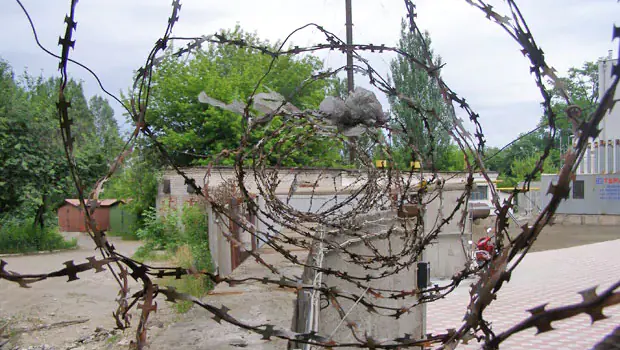
Counterfeit - illegal use by enterprises, companies or entrepreneurs of designations, logos, names placed on well-known goods of other enterprises or manufacturers. Such actions constitute unfair competition and are punishable by law.
Counterfeiting is the use of the results of someone else's labor without the consent of the rightful owner, the creation of a product similar to the existing original, but, as a rule, of lower quality.
The basis of counterfeiting is the violation of intellectual property rights, namely the illegal use of trademarks, utility models, inventions and industrial designs.
Counterfeit products are sold to the consumer under an already existing brand, quality control of counterfeit products is usually completely absent, and a company that illegally conducts activities exists for a limited period of time, since liability before the law still cannot be avoided.
The growth in the volume of counterfeit goods is associated with the entry into the world arena of such a significant player as China. The share of China is two-thirds of the world's gross volume.
Counterfeit concertina wire or high-quality Egoza wire?
In Ukraine, cases of violation of intellectual property rights are also not uncommon, including in the segment of production, advertising and sale of razor wire fences. On the Ukrainian market, there are often cases of offers from trading and manufacturing firms of the lowest quality fences, presented to the buyer as "Egoza".
What surprises can arise when buying counterfeit products?
The buyer can purchase a less effective and high-quality fence made of razor wire.
The likelihood of illegal transactions and confiscation of counterfeit products in case of evidence of violation of intellectual property law.
Responsibility for violation of antimonopoly legislation
How to protect yourself from surprises?
When buying Egoza razor wire, you should request from the seller a certified copy of the certificate or license for the use of the Egoza trademark https://egoza.info/, or when concluding an agreement, lay the seller responsible in case of claims from third parties for the use of intellectual property.